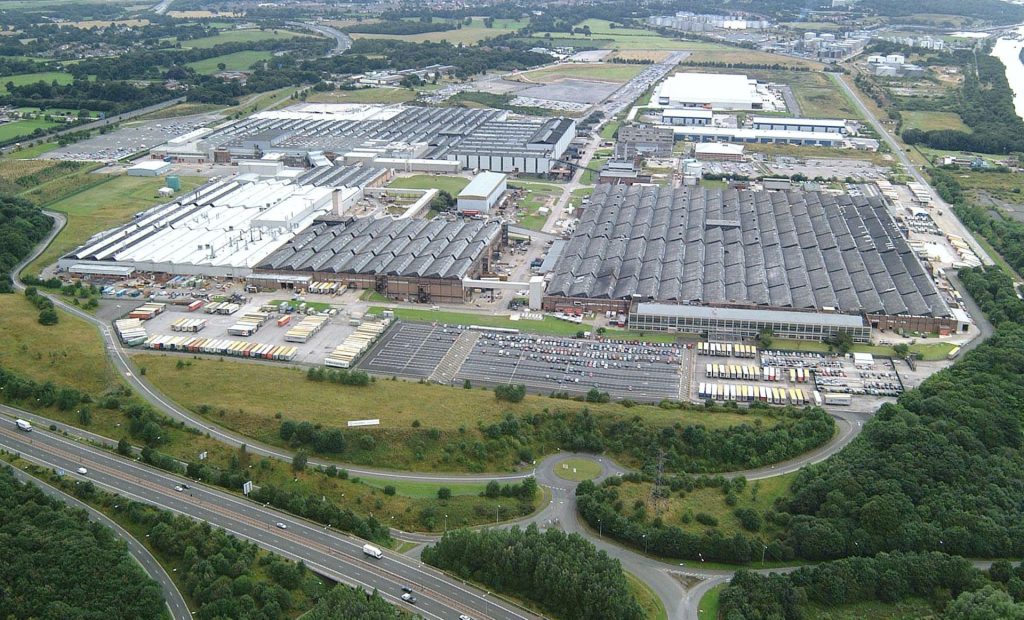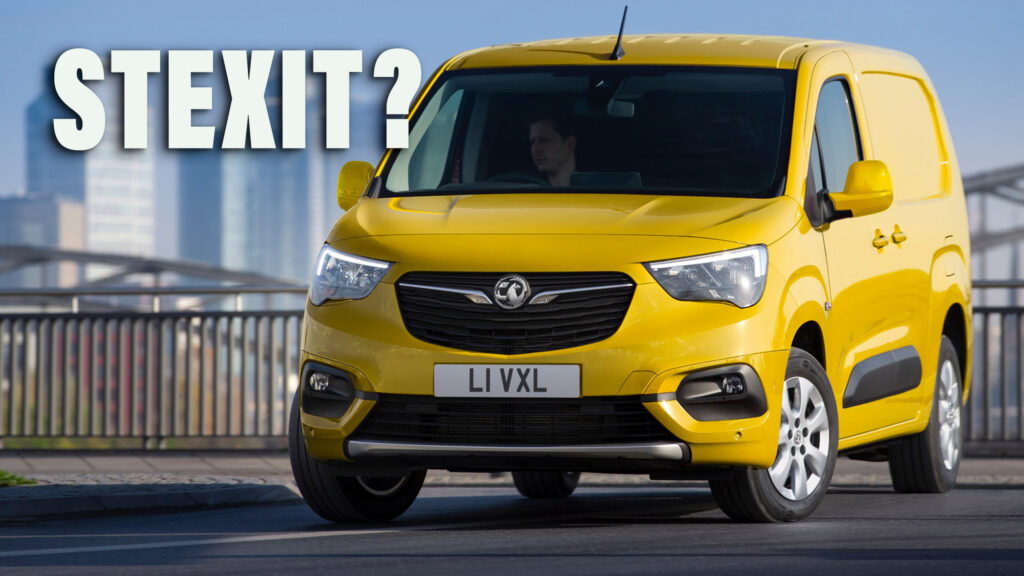Britain’s beleaguered car industry risks being decimated unless the UK government acts to renegotiate its Brexit deal with Europe. That’s according to bosses at Stellantis who told politicians that hundreds of thousands of jobs hang in the balance.
The automaker’s beef is with an existing trade deal whose terms will result in electric Opel, Peugeot, and Citroen vans exported from Britain to Europe being slapped with tariffs from next year. The deal struck between the UK and the EU says that 45 percent of the value of an electric vehicle must come from either Britain or the EU to avoid tariffs being applied from 2024.
Stellantis has a plant in Luton that makes large vans and another in Ellesmere Port that previously built the Astra hatchback but was converted to manufacture the Opel/Vauxhall Combo and their Peugeot Partner and Citroen Berlingo cousins. That £100m ($126 m) transformation plan was laid out in 2021 when Stellantis felt confident it would be able to meet the requirements of the trade deal, but now says that won’t happen and wants the deadline extended to 2027, according to Reuters.
Related: Stellantis Threatens To Scrap $3.7B Canadian Battery Plant After Dispute With Government

“If the cost of EV manufacturing in the UK becomes uncompetitive and unsustainable, operations will close,” Stellantis told a House of Commons committee. Mini has already opted to build the electric version of its new hatch in China, rather than at the car’s traditional Oxford home, which will continue to build combustion Minis.
Unlike other countries, the UK has almost no battery production sites. Nissan has one at the Sunderland plant where it builds the Leaf, but the Britishvolt startup that was supposed to build a £3.8 billion ($4.8 bn) battery plant went bust earlier this year. Though its remains were bought by an Australian company, Recharge Industries, there’s no plan currently in place to resurrect the proposal.
Speaking to BBC Radio, former Aston Martin boss Andy Palmer, currently chairman of European battery manufacturer InoBat, suggested that 800,000 UK jobs were at stake if the British government didn’t renegotiate its trade deal quickly.




